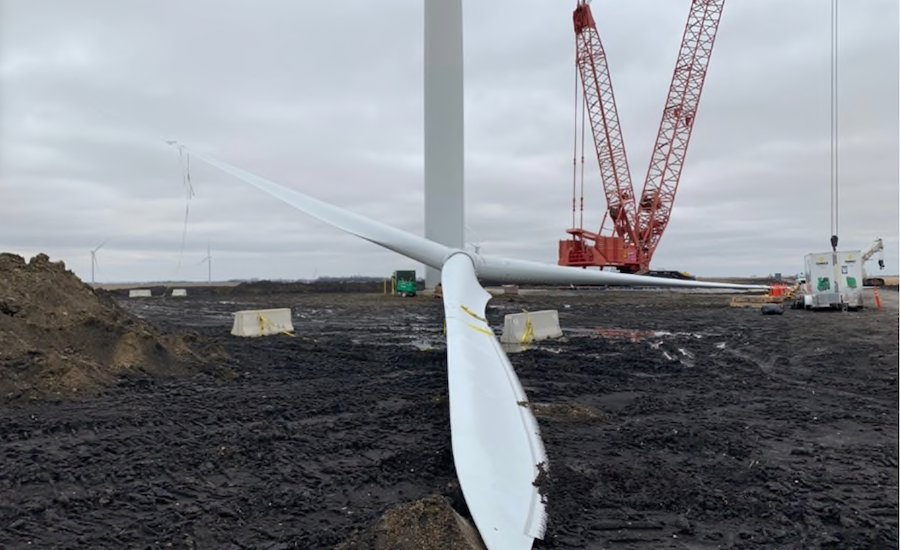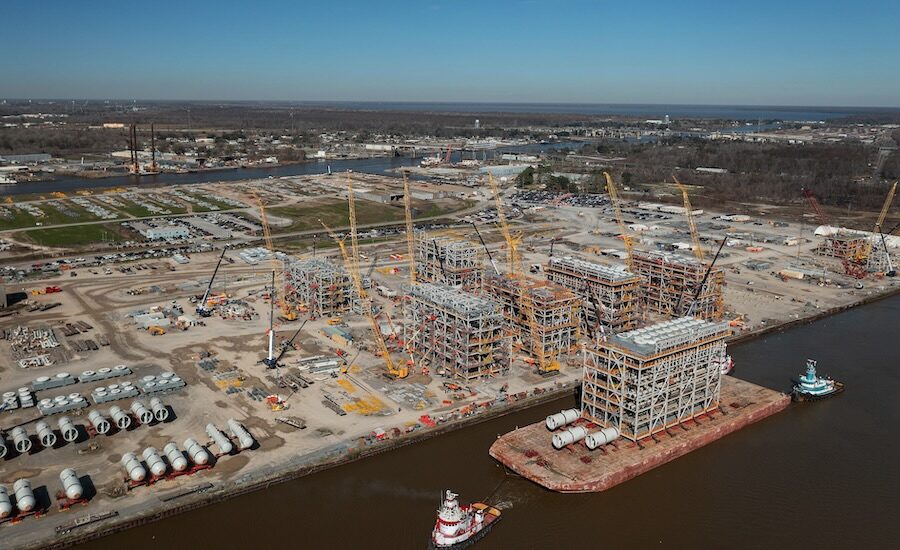
Judge Won’t Dismiss Atlanta’s Suit Over $1M FEMA Appeal

A district court judge in Atlanta denied FEMA’s move to dismiss a lawsuit from the city of Atlanta regarding more than $1 million the city spent to repair a water treatment plant that the federal agency agreed to reimburse.
On March 31, U.S. District Judge Seven D. Grimberg denied FEMA’s motion to dismiss the case, giving the agency until April 14 to answer Atlanta’s complaint after the agency claimed the city missed the deadline to appeal a decision to drastically reduce the amount it would pay the city.
The suit stems from repairs Atlanta made to its Robert M. Clayton Water Reclamation Center following severe flooding in September 2009 at a cost of more than $1.2 million, per the filing. In December of that year, FEMA approved estimated costs of little less than $1.1 million, though it did not obligate the funding at that time. Two years later, FEMA reduced the estimated costs to less than $37,000.
Atlanta appealed that reduction in April 2011 through Georgia’s state grantee, the Georgia Emergency Management Agency (GEMA), it says, but GEMA failed to forward that appeal to FEMA until Aug. 17, 2011, after a 60-day appeals deadline had passed. FEMA then did not render a decision on the appeal or request more information within 90 days, as regulations require, Grimberg’s filing says, though “According to Atlanta, this was not alarming because FEMA regularly ignored its own deadline to rule on appeals, sometimes taking years to issue a decision.”
While the appeal was still pending, Atlanta learned in November 2014 that FEMA had reiterated its less-than-$37,000 decision and then deducted anticipated flood insurance proceeds, concluding that Atlanta was only entitled to receive $200.61 of the $1.2 million it requested for plant repairs. Atlanta appealed again, reiterating the points in its first appeal and challenging FEMA’s calculation of flood insurance proceeds, after which FEMA did not request information or render a decision within the 90-day period.
The filing says FEMA took until Aug. 31, 2017—more than six years after Atlanta’s initial appeal—to request more information, raising concerns about the timeliness of the city’s 2011 appeal, and asserting that it didn’t show documentation that GEMA has submitted the appeal in the required 60-day period.
Based on that, FEMA denied Atlanta’s appeals in January 2018, saying “it lacked the ability to consider the appeal because it was not timely filed.” Atlanta appealed again, and in May 2018, FEMA denied that one as well, reiterating the claim that the city’s appeal rights had lapsed because GEMA failed to timely forward the first appeal.
That led to Atlanta bringing suit in May 2024, seeking judicial review of “FEMA’s refusal to substantively consider its appeals.”
Grimberg writes that the dispute ultimately boils down to whether the initial appeal was untimely because GEMA failed to forward it within 60 days. It wasn’t, per the law, he writes, as all that is required by that deadline is filing the appeal with the grantee, not the forwarding of the appeal from the grantee to FEMA.
“All the Stafford Act requires an applicant to do is file the appeal within 60 days after receiving notice of the action it is appealing,” the filing reads. “Under the regulation, the applicant must file the appeal with the State Grantee within that timeframe. That’s it.”
Post a Comment
You must be logged in to post a comment.





